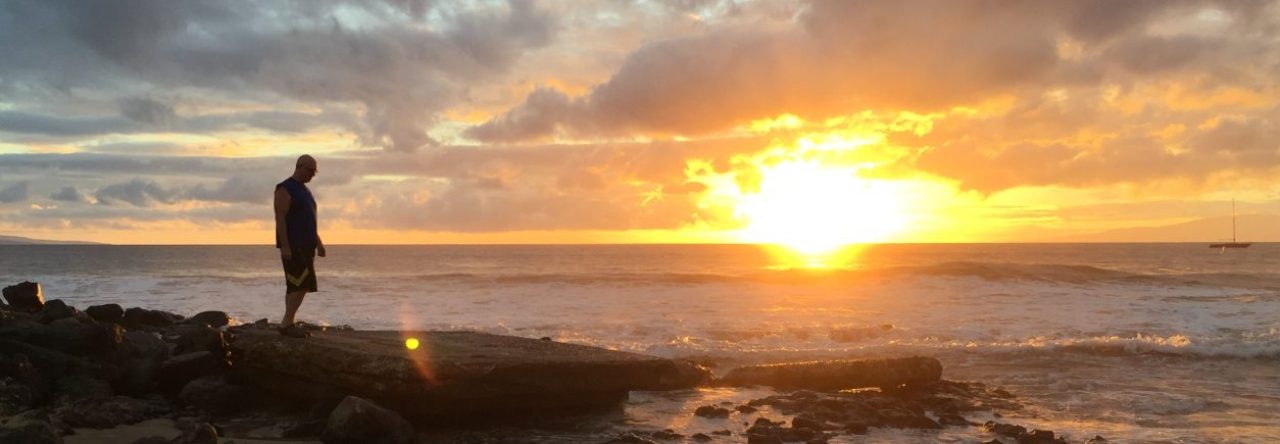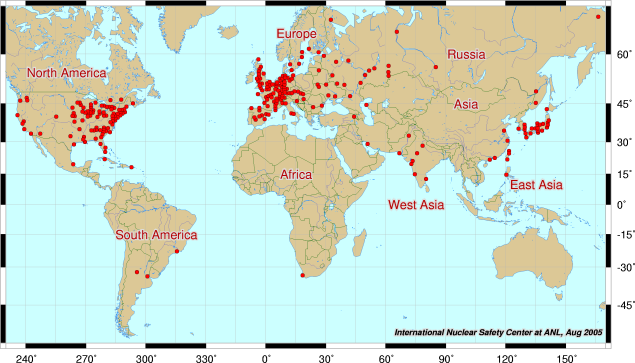The term “Leader of the Free World” may have been appropriate for Truman, Eisenhower, Kennedy and Johnson. I am not so sure about Nixon, Carter and Ford. Ok, maybe Reagan was the last Leader of the Free World.
What’s the “free world?” Is China free? With the onslaught of Chinese tourists all over the world, I would say yes. China is free. Is Russia free? I think so. The only countries not free are North Korea, Cuba, a few African countries – mostly un-free due to their economic plight, and a surprising number of Middle-Eastern countries, in their own way. Did I forget one?
What’s a “leader?” If you had asked anyone in Europe if they considered Bush or Obama their leader, they would have laughed at you. Trump is bringing this to a whole new level. By spouting self-aggrandizing bluster about America first, he is making sure that nobody, anywhere, thinks he might be the leader of the free world. The whole concept of leader of the free world is now dying with Trump.
Leadership implies that the leader does something that others admire, aspire to or want to follow. None of that holds true for Trump.
Let’s do the math. America has not quite 5% of the population of the world. Out of 127 million people who voted in the last election, 62 million, or about 47% of them voted for Trump.
That means that only about 0.88% of the world’s population voted for Trump. He is the leader of those 0.88% or 62 million Americans that voted for him. He has command over the world’s most powerful military, so yes, he is probably the most powerful man in the world right now, but leader of the free world he is not.
Unfortunately, due to the damage he is going to do to the image of the United States in the world, his successors are going to have to work for a long time to reestablish any semblance of leadership.
And that brings me to my final point: With Trump openly withdrawing the United States from the world, by threatening to pull out of NATO or the UN, and by implementing protectionist trade policies, he is signaling to everyone, including our strongest ally, that America can no longer be relied upon. He is abandoning the leadership role.
China will be more than happy to step into that vacuum and take over as leader, and others will follow. Trump thinks he is making America great again, but he must not understand that America is not a planet, it’s a country, one that is completely dependent on the rest of the world for trade.
Leader of the free world is a hackneyed and trite term. We should stop using it, as it does not make sense any longer.












